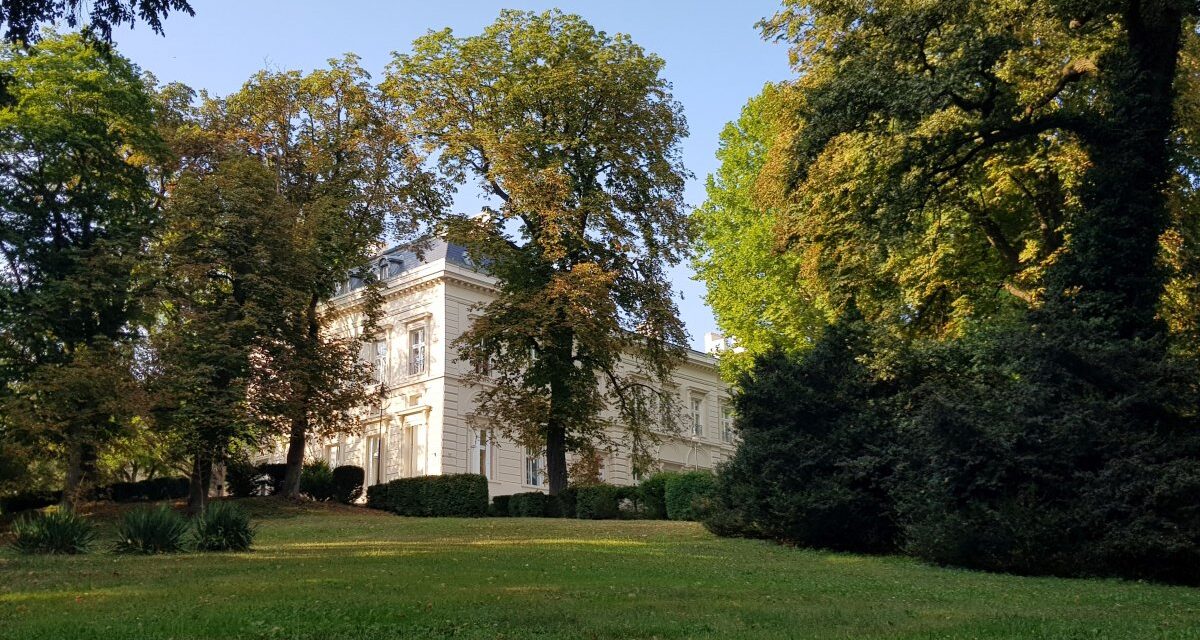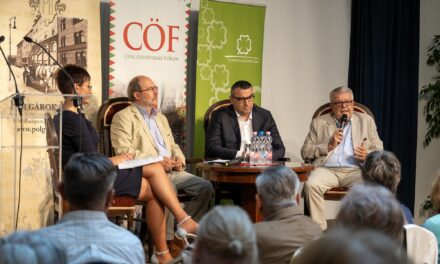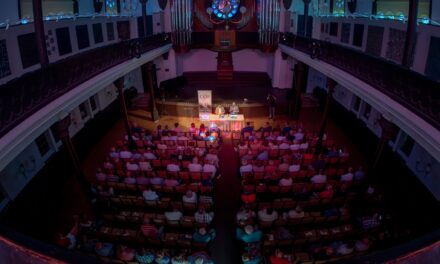The implementation of the so-called Castle Act, which enables the free transfer of ownership of state-owned castles, mansions, manor houses, parks and gardens, as well as their belongings, will begin next week with the bidding of eight castles.
Regő Lánszki, the State Secretary for Architecture of the Ministry of Construction and Transportation, told MTI on Friday that the implementation of the law will begin with a "trial year", during which tenders will be issued for eight properties:
to the Sándor-Metternich Castle in Bajna, the Károlyi Castle in Füzérradvány, the Nádasdy Castle in Nádasdladány, the Bishop's Palace in Sümeg, the Wenckheim Castle in Szatkígyós, the Esterházy Castle in Tata, the Festetics Castle in Dég, as well as the Kamaldul Hermitage in Majki and to the Esterházy castle connected to it.
The state secretary reminded that in the middle of the 20th century, Hungarian castles were nationalized, taken from their original owners, with the promise that they would belong to everyone. On the other hand, they "became nobody's property", tractor garages and grain storages were placed even in the most beautiful castles, and they were left to decay, said the state secretary. He added that during this period, more than a third of the castle stock in Hungary was irretrievably destroyed, but the remainder also suffered a very serious deterioration.
From the 1990s onwards, the restitution of castles took place in several neighboring countries, but in Hungary the state decided not to return them to their former owners
he noted.
According to him, renovations were carried out in 13-14 of the more than a hundred state-owned castles, mainly with the use of EU funds, but no full-scale reconstruction took place anywhere. Moreover, even with the renovated castles, it was possible to see that a workable model for maintenance and operation had not been developed.
"That's where the idea came from, which has already arisen in many countries around the world: involve private capital to renovate and settle the fate of certain castles in the long term, but all this in a way - and this is the most important - that it leaves them completely to the public to be visited"
- said the government official. Regő Lánszki recalled: the first version of the law on the sustainable development of certain elements of cultural heritage (castle law) was adopted by the Parliament in December 2023, the Constitutional Court made some comments on this and asked for additional guarantees regarding long-term asset management and ownership. During the spring, the ministry clarified and tightened the legislation, which was again adopted by the Parliament in June.
The state secretary emphasized that very strict stipulations were defined in the law: for example, the castle parks must be open to the public for free on 300 days of the year, the public collections kept in the castles must be presented - with "reasonable" ticket prices - and, of course, the building must be maintained. According to the law, the new owner is obliged to have a comprehensive renovation plan accepted and implemented within ten years, in addition to a thirty-year maintenance and operation plan, he said, adding that all these represent a greater financial burden than the value of the buildings.
"These castles are therefore not "handed out" for free by the state, but with a serious burden and obligations"
- emphasized the state secretary.
According to his information, the ministry has undertaken to complete the first inspection of the castles by August 31, assessing which castles are not in good condition or properly operated.
The annex to the law lists 48 castles, of which the full technical, operational, art historical and strategic documentation was prepared in the first round, and the trial year starts with these properties.
Starting next week, the call for tenders will appear on the websites of both the government and the ministry. The applicant can be a natural or - transparently operating - legal person who pays the application fee. This, as it contains serious documentation, will be HUF 10 million. The applicant must indicate his ideas regarding the real estate in his professional plan, and the realization of these will be continuously monitored by the ministry. The law includes strict guarantees for renovation, maintenance, opening hours, and reporting obligations, and if the future owner does not comply with these, ownership of the property automatically reverts to the state.
Regő Lánszki said that he is very confident that there are domestically owned businesses, churches, municipalities or even private individuals who feel a kind of shared responsibility, and that it is worthwhile for them to spend money on the castles so that they do not belong to the few.
Featured image: Károlyi Castle/Szabolcs Rostás/Krónika













